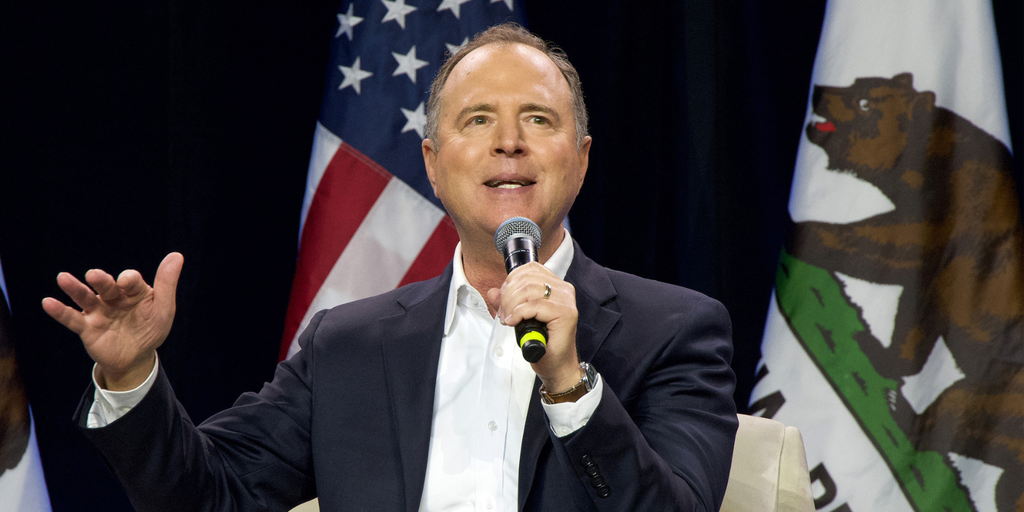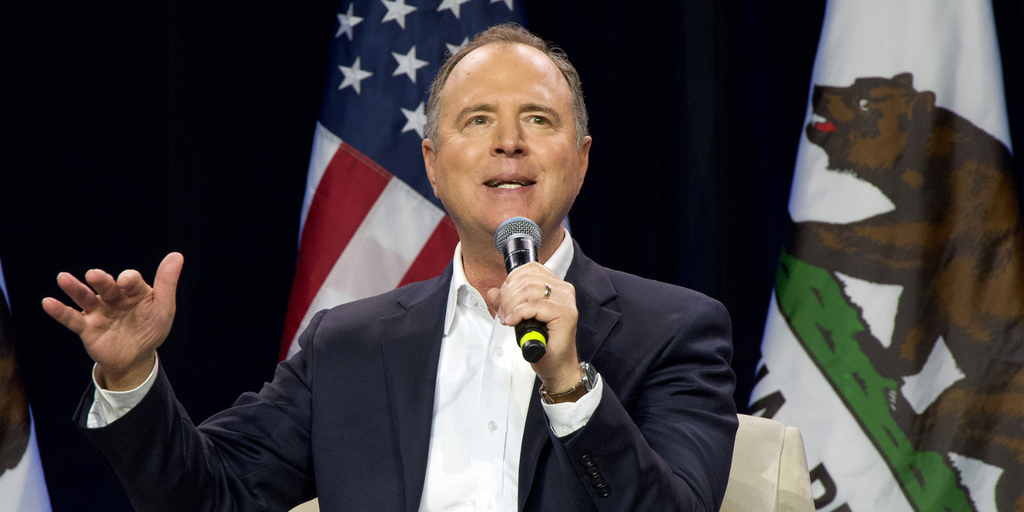Developers of artificial intelligence models would be required to provide a list of all copyrighted works used to train their systems under a new law proposed by California Rep. Adam Schiff. The Generative AI Copyright Disclosure Act, introduced Tuesday, would require companies to disclose their sources to the U.S. Copyright Office at least a month before releasing a new version.
“AI has disruptive potential to transform economies, political systems and everyday life. We must balance the enormous potential of AI with the critical need for ethical guidance and protections,” Rep. Schiff said in a statement. “(This bill) is a pivotal step in this direction. This protects the rights and contributions of creators while championing innovation and ensuring that their work is recognized when it contributes to AI training datasets.”
If the law passes, AI developers who fail to comply will face civil penalties of at least $5,000. Fines apply to generative AI developers and third parties that modify datasets. However, the law does not specify whether the fines will be levied on a case-by-case basis or a one-time fine.
For writers and actors on picket lines in 2023 after negotiations with movie studios fell apart, this latest attempt to regulate how AI models are trained is commendable.
“I think it is a long overdue step in the right direction.” Jamarcus Turnersaid the Writers Guild member and CBS comedy writer. decryption. “If I have to have a machine use a twisted, chopped up version of my work, I’d like to at least be compensated handsomely.”
Last summer, Hollywood came to a halt over a slew of issues, including the use of artificial intelligence in the creative process. For many people, using generative AI to create scripts was akin to plagiarism.
“These programs don’t actually produce anything,” Turner said. “I can program a machine to dig a hole, but if you don’t give it a shovel, it can’t actually do the job. “If my work becomes a success, I want to be recognized that way,” he said.
Labor unions across the entertainment industry, including SAG-AFTRA, the Directors Guild of America and IATSE, applauded the new proposed legislation.
“The Directors Guild of America applauds this common-sense legislation, which is an important first step in ensuring filmmakers can protect their intellectual property from potential harm from generative AI,” DGA President Lesli Linka Glatter said in a statement. “I do it,” he said. She said, “We thank Rep. Schiff for championing these rights that will protect filmmakers and the entire creative community.”
“Everything AI creates ultimately comes from a human creative source. That’s why we need to protect human creative content – intellectual property,” added Duncan Crabtree-Ireland, SAG-AFTRA Country Director and Chief Negotiator. “SAG-AFTRA fully supports the Generative AI Copyright Disclosure Act because it is an important step toward ensuring that technology serves people and not the other way around.”
“This is about honoring creativity in the AI era and combining technological progress with fairness,” Schiff said.
Rep. Schiff’s office did not immediately respond to a request for comment. decryption.
The Generative AI Disclosure Act comes at a time when creators are fighting to receive compensation for the work they believe went into training AI models. But a federal judge last month dismissed most claims in a lawsuit against ChatGPT creator OpenAI over copyright infringement charges. Plaintiffs in the lawsuit filed in California included Sarah Silverman, Paul Tremblay, Christopher Golden and Richard Kadrey.
Edited by Ryan Ozawa.
Stay up to date with cryptocurrency news and receive daily updates in your inbox.





